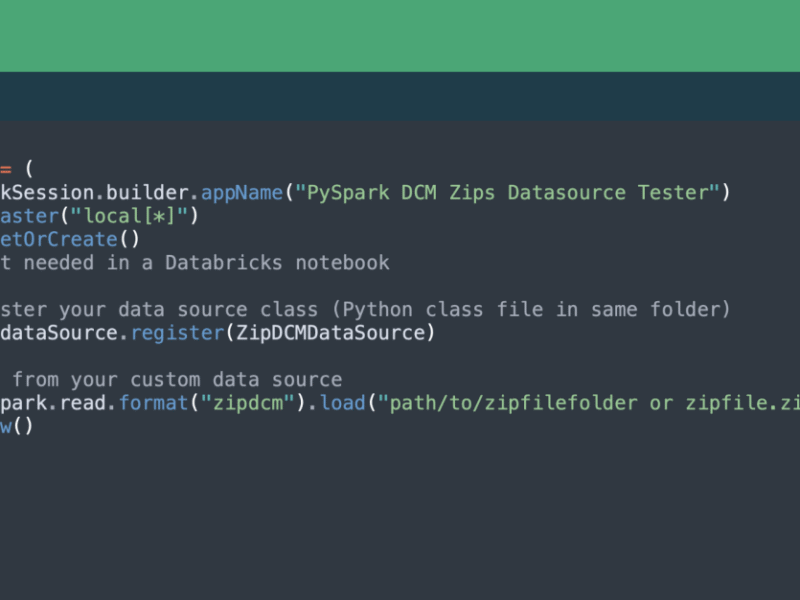The watt-hour (Wh) is a fascinating unit of measurement that plays a pivotal role in understanding energy consumption and efficiency in various fields. As households and industries strive for more sustainable practices, grasping the significance of watt-hours becomes increasingly essential in managing energy use effectively.
What is a watt-hour?
The watt-hour is an essential unit of energy measurement in electrical applications. It quantifies the amount of energy consumed when one watt of power is used for one hour. This measurement is particularly critical for evaluating energy consumption, diagnosing battery capacity, and analyzing system performance.
Understanding the calculation of watt-hours
To accurately calculate watt-hours, it’s important to understand the relationship between power, energy, and time.
Energy formula
The formula for energy is defined as:
- E (Energy) = P (Power) x t (Time)
This equation clearly illustrates how watt-hours are derived from the power (in watts) utilized over a specific duration (in hours). For instance, if a device uses 10 watts for 3 hours, the total energy consumed would be 30 watt-hours (10 W x 3 h).
Conversion between joules and watt-hours
Understanding the relation between watt-hours and joules is crucial for conversion purposes.
For converting watt-hours to joules, you can multiply by 3,600. Conversely, to convert joules to watt-hours, multiply by approximately 0.000278.
The role of voltage and current in watt-hours
Voltage and current are fundamental electrical concepts that directly affect energy calculations.
The relationship between watts, voltage, and current
The formula connecting these elements is:
Understanding how voltage (V) and current (A) interplay is vital for accurately calculating watt-hours. A higher voltage with a certain current will yield more watts, thereby affecting overall energy consumption.
Importance of watt-hours in practical applications
Watt-hours have significant implications in various practical scenarios, enhancing our understanding of energy management.
Measuring battery capacity
Watt-hours provide a clear indication of battery life and performance. For example:
- A 12-volt battery rated at 10 amp-hours has a total capacity of 120 watt-hours (12 V x 10 Ah).
This measurement helps users gauge how long a device may operate on a single charge.
Energy consumption assessment
Watt-hours are essential for evaluating the energy usage of devices and systems over time. This is particularly relevant in data centers, where energy efficiency is critical for operational cost management and sustainability.
Solar panel energy generation
In the realm of renewable energy, watt-hours play a vital role in assessing the energy generation capabilities of solar panels. This allows users to estimate how much energy they can harness based on sunlight exposure and panel efficiency.
Differentiating between watts and watt-hours
Understanding the distinction between watts and watt-hours is crucial for accurately interpreting energy usage.
Instantaneous power vs. cumulative energy
Watts represent instantaneous power, whereas watt-hours measure cumulative energy consumption over time. For example, consider a car traveling at:
- 60 mph for one hour: This scenario highlights the difference clearly—60 watts of power over one hour results in 60 watt-hours of energy consumed.
Kilowatt-hours (kWh) explained
Kilowatt-hours are a larger unit of measurement that builds upon the watt-hour concept.
Understanding kilowatt-hours
A kilowatt-hour is defined as:
- 1,000 watts used for one hour
To convert watt-hours to kilowatt-hours, simply divide the watt-hour amount by 1,000. For instance, 2,500 watt-hours equals 2.5 kilowatt-hours (2,500 Wh / 1,000 = 2.5 kWh).
Application of kilowatt-hours in high-capacity systems
Kilowatt-hours are particularly important for evaluating larger systems, such as uninterruptible power supplies and diesel generators. Understanding this measurement allows for more informed decisions regarding energy management and operational efficiency.

